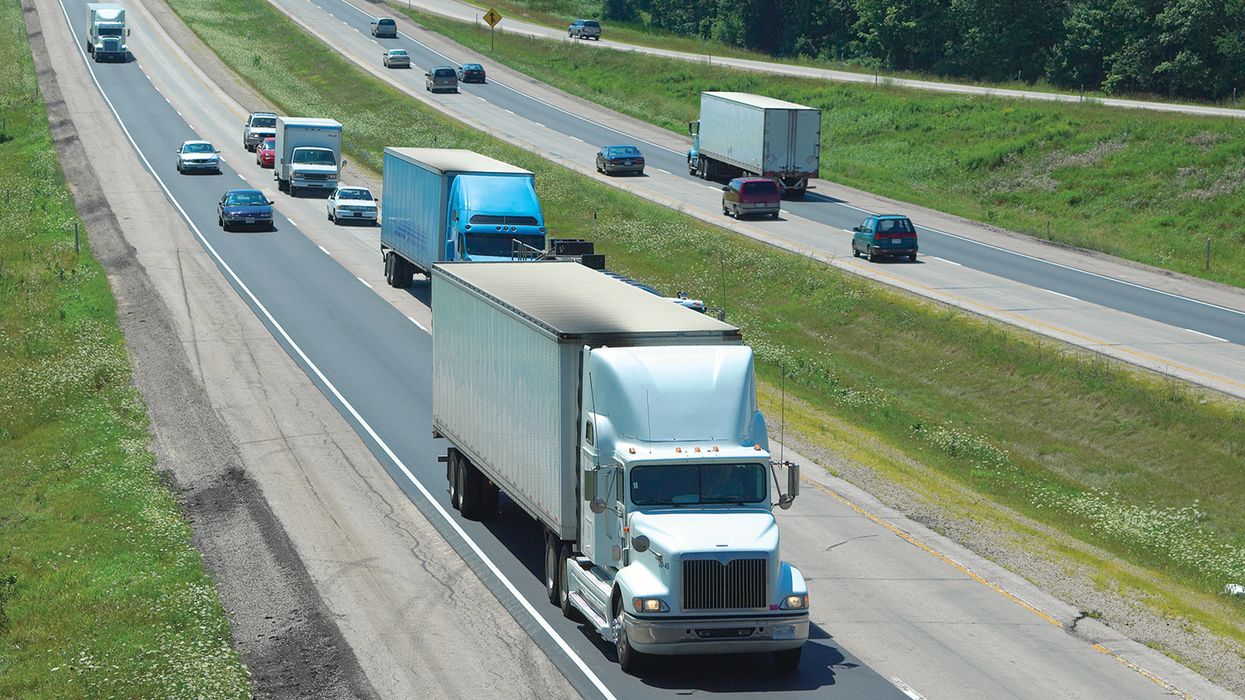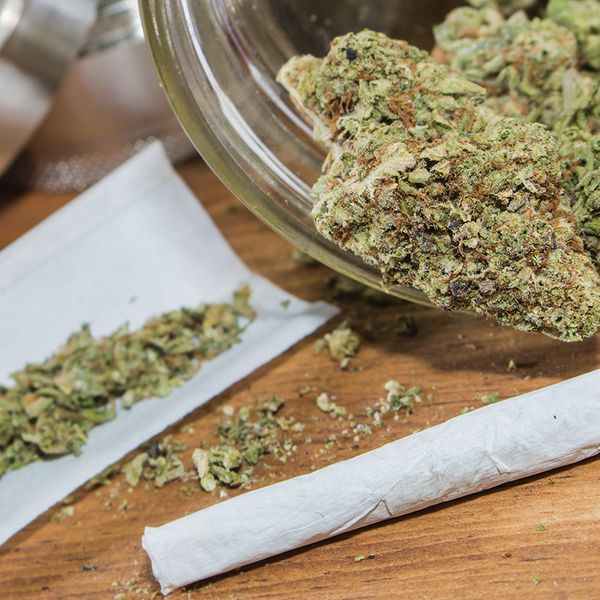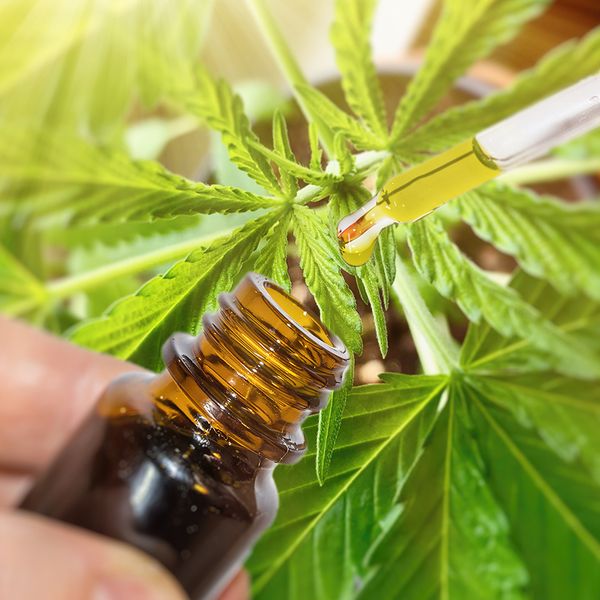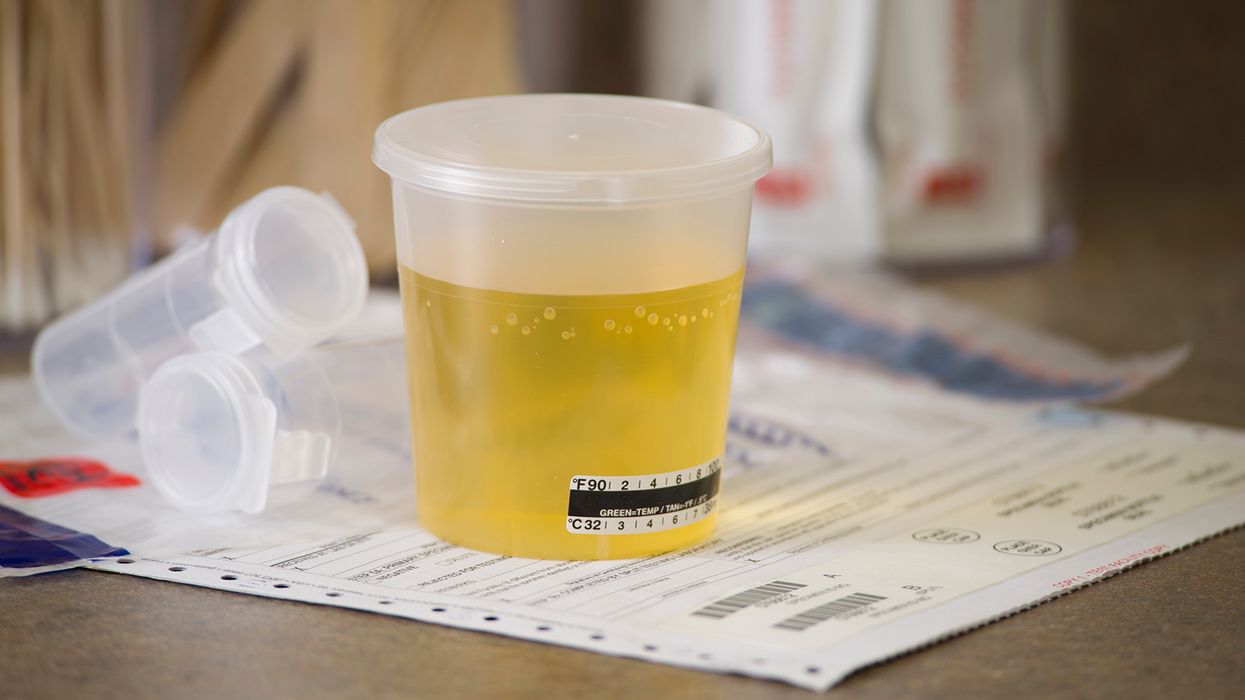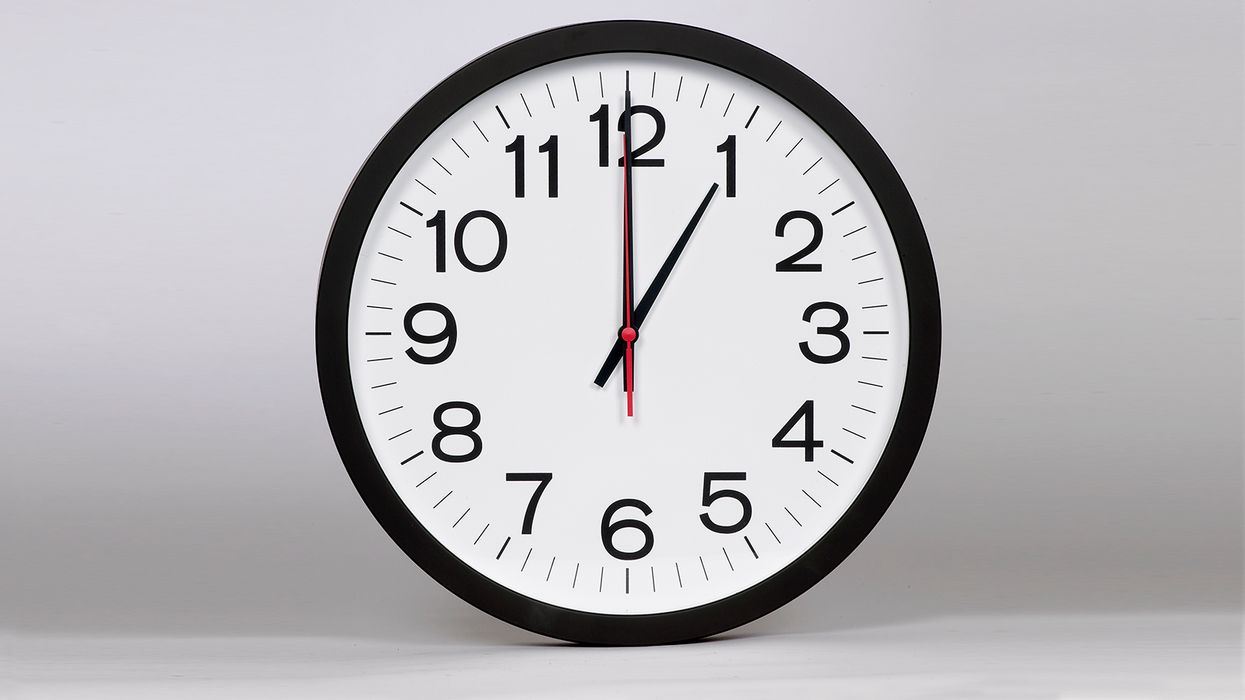5 things you need to know about marijuana testing for your drivers
As marijuana is legalized in more states, handling it in the workplace becomes more complicated. When employees have driving responsibilities, the issue is especially complex.
To cut through the haze, here are five things to know:
- Those with a commercial driver's license don't have a choice.
People with a commercial driver's license must follow federal laws that prohibit cannabis use. A commercial license-holder is not allowed to use or possess any drugs that are classified under federal law as a Schedule I controlled substance, and that includes marijuana.
Those who drive commercial motor vehicles (CMVs) must be tested before starting work, at random, and after an accident. A CMV driver who tests positive is taken off the road and needs to complete the return to duty process before driving again. This involves an evaluation by a substance abuse professional, completion of a treatment program, and a negative drug test. - Other drivers fall under state laws.
Drivers without a commercial license aren't covered by federal regulations, so the federal cannabis prohibition and testing regulations don't apply. Employers need to look at the laws of the state where the employee is driving to see what's allowed. - Some states prohibit marijuana tests, but exceptions may apply.
Marijuana testing is controversial because it shows that the drug has been used sometime in the past days or weeks, but does not prove that an individual is impaired by marijuana. The chemical that gives marijuana users a high, THC, lingers in the body's fat cells and is detected by a drug test long after the drug's effects have worn off.
While most states still allow employers to test for marijuana, employers should be aware that:- Unless testing is required under a state or federal law, marijuana testing is not allowed in New York.
- Marijuana testing is also restricted to some degree in Connecticut, Montana, Maine, Missouri, Nevada, New Jersey, Rhode Island, and the District of Columbia.
- Marijuana testing will be restricted in California beginning in 2024.
Each law has some exceptions, however, so employers who want to test drivers for marijuana should familiarize themselves with the state laws that apply to determine whether testing is allowed or required. In New York, for example, state law requires drivers to be tested if they operate a vehicle with a seating capacity of nine or more.
In states without legalized marijuana, or where testing is not restricted, employers can test for marijuana as long as they are following other state drug testing laws.
- These three things can always be prohibited.
In all states, employers can take action when an employee:- Uses marijuana at work,
- Is in possession of marijuana at work, or
- Is impaired by marijuana at work.
- It's important to have a policy, even if you don't test.
A workplace drug and alcohol policy lets employees know where the line is. While it may include information about drug testing situations and protocols, perhaps its most important function is to make it clear that certain things are not allowed at work. If an employee brings marijuana into the workplace, for example, an employer can point to a policy violation as the reason for disciplining or terminating the employee. Without a policy, an employee may argue that it wasn't clear that this wasn't allowed, especially in a state where marijuana is legal.
Key to remember: Employers whose employees have driving responsibilities should be familiar with federal requirements and state restrictions for marijuana testing.

